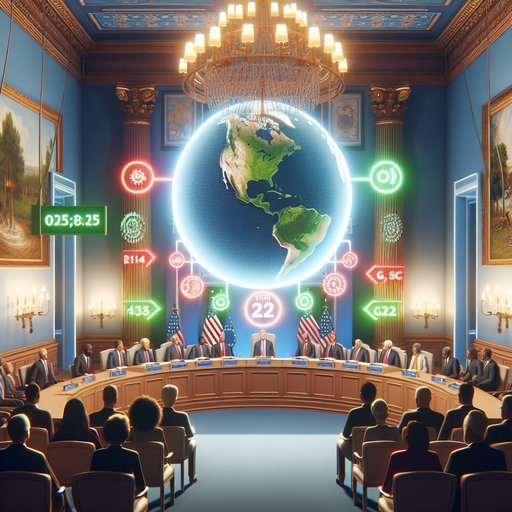
In a significant development that highlights the ongoing tensions between political factions in Bolivia, the country's Supreme Court has issued an unprecedented order calling for an urgent review of cases involving three prominent right-wing political leaders. The decision marks a potential turning point in the nation's political landscape and has drawn attention to the complex relationship between judicial systems and political ideologies [1].

Entertainment giant Starz Entertainment Corporation saw its shares decline after reporting quarterly earnings that fell short of Wall Street expectations. The company's ongoing transition to a digital-first strategy has yet to deliver the anticipated results, with both revenue and adjusted earnings per share coming in below analyst consensus estimates [1].

In a significant strengthening of NATO's eastern flank, multiple allies are taking concrete steps to enhance regional security amid ongoing concerns about Russian aggression. Lithuania has unveiled new border fortifications, while the Netherlands announced the deployment of troops and advanced air defense systems to Poland [1]. These moves come as discussions intensify about long-term security guarantees for Ukraine.

Global stock markets rallied sharply following Federal Reserve Chairman Jerome Powell's highly anticipated speech at the Jackson Hole Economic Symposium. The S&P 500, Dow Jones Industrial Average, and Nasdaq all posted significant gains as investors interpreted Powell's comments as indicating a more accommodative monetary policy ahead [1].

In a significant development for global climate action, China has reported a 1% reduction in carbon dioxide emissions during the first half of 2025, driven primarily by record growth in solar energy installations [1]. This progress comes as Europe faces criticism for environmental policy reversals, highlighting the complex dynamics of international climate efforts.

French telecom giant Orange has unveiled a new 5G+ home internet solution featuring unlimited data and cutting-edge Wi-Fi 7 technology. The launch represents a significant advancement in home connectivity solutions, directly competing with Free's existing offerings in the French market and showcasing the growing maturity of 5G+ network capabilities [1].

In a strategic shift away from the traditional path to public markets, healthcare artificial intelligence company Innovaccer is choosing to expand through acquisitions and secondary funding rounds. The unicorn recently secured $275 million in funding and is deploying this capital to pursue strategic purchases rather than rushing toward an initial public offering [1].

Major League Baseball is on the verge of a transformative broadcast rights agreement that could reshape how fans consume America's favorite pastime. Industry giants Comcast and Netflix are reportedly in final negotiations for a significant streaming rights package [1], marking Netflix's first major venture into live sports broadcasting and signaling a dramatic shift in the sports media landscape.

In a significant diplomatic move, US Secretary of State Marco Rubio has announced new sanctions targeting four International Criminal Court (ICC) judges and prosecutors, describing the institution as "an instrument of lawfare" against the US and Israel [1]. This development comes amid ongoing Russia-Ukraine peace negotiations in Washington, highlighting the complex interplay between international justice and geopolitical interests.

A major corruption scandal is unfolding in New York City as more associates of Mayor Eric Adams face potential criminal charges, threatening his administration and reshaping the upcoming mayoral race. Former senior adviser Ingrid Lewis-Martin has become the latest figure to face indictment, adding to the mounting pressure on Adams' embattled leadership [1].




























